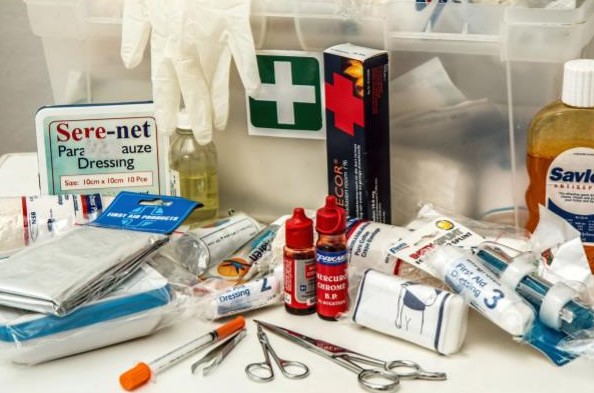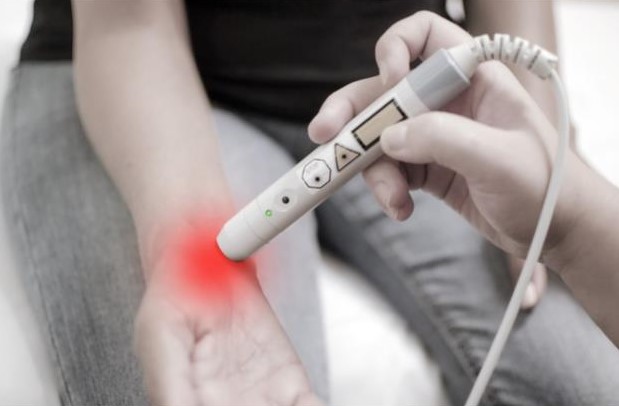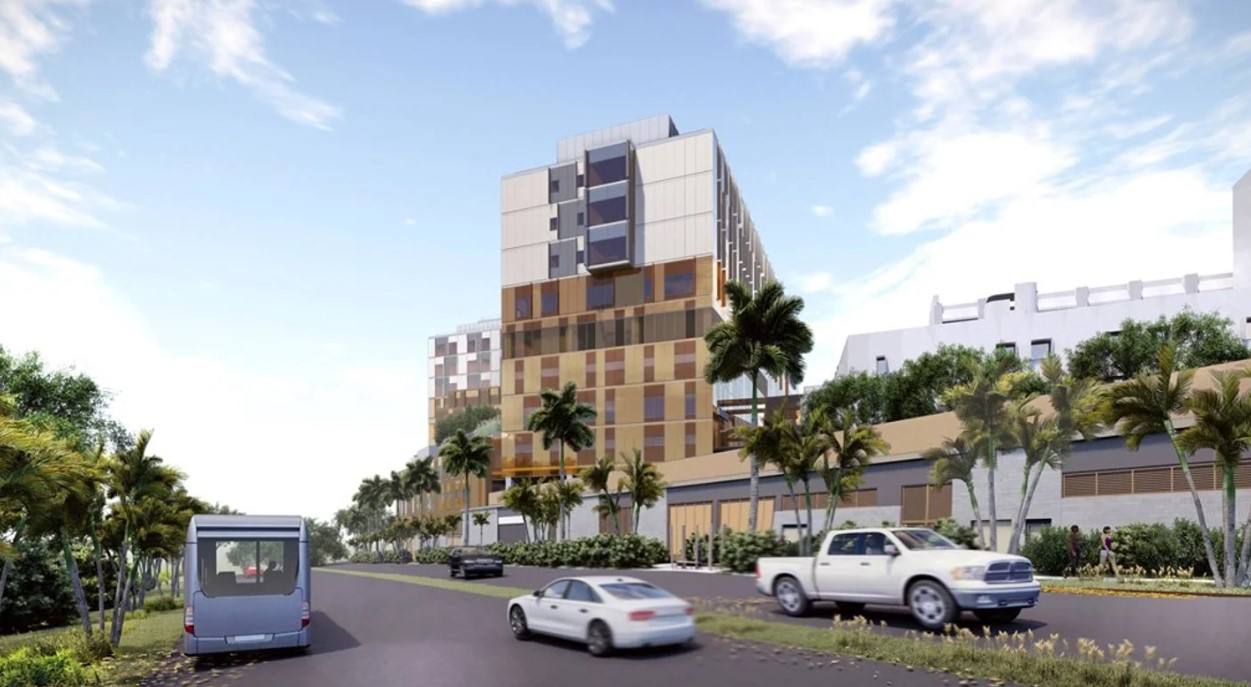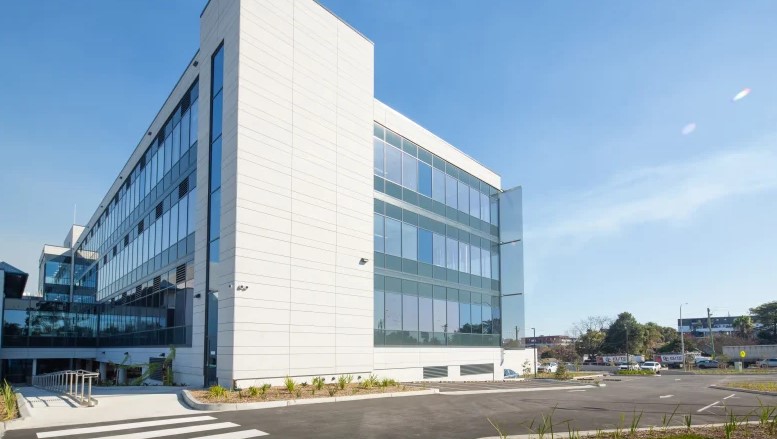04
Mar 2019
Hospital-acquired respiratory complications costly
Published in General on March 04, 2019
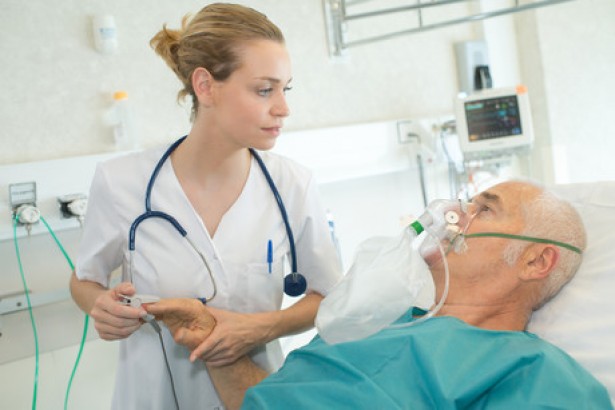
The Australian health system is rated as one of the most comprehensive in the world. However, there has recently been a concerning of hospital visits that have been associated with hospital-acquired complications. The complications during a hospital visit can severely impact a patient’s recovery. Overall, the length of their hospital stay can be greatly prolonged, which puts a drain on the Australian health system.
One of the larger occurrences of complications happens to fall into the respiratory category. Respiratory complications affect more than 10,600 patients a year in Australian hospitals. The symptoms of respiratory distress and failure are extremely graphic and distressing. The symptoms include but are not limited to: overwhelming anxiety, shortness of breath, pneumonia, cough, fevers, sweats, phlegm, drowsiness and fatigue.
There are many risk factors that are associated with respiratory failure. The risk factors include, but are not limited to: obesity, chronic obstructive pulmonary disease, impaired swallowing, poor nutrition, use of anaesthetic drugs, respiratory muscle conditions, poor hydration, use of opioids, and recent chest infections.
Respiratory complications place a huge burden on the Australian health care system. If a patient undergoes a respiratory complication while in the hospital, his stay will, on average, be increased by 17.9 days longer than a patient with a regular prognosis. These complications not only take up beds for other deserving patients, they cost a ton of extra money to keep in the hospital for an extended stay.
There have been strides made in reducing the extension of hospital visits, and an overall reduction in respiratory conditions. Some hospitals have focused on initiatives that have increased patient care with respiratory disorders, and have reduced overall avoidable risks.
The occurrence of hospital acquired respiratory complications is rather disturbing. Across all Australian hospitals the rate was 24 per 10,000 hospitalizations. If the major referral hospitals could get their number down to a lower rate of around 30 per hospitalizations, then the health system would be unburdened by over 1500 complications each year.
The Australian Commission on Safety and Quality in Health Care have released a fact sheet, that outlines the details on how to properly help to reduce the complications associated with hospital acquired respiratory problems. This fact sheet outlines several actions to reduce complications, that are aligned with the National Safety and Quality Health Service standards.
The methods to help prevent respiratory failure include, but are not limited to: Elevating a bed into a sitting position, physiotherapy of the chest, providing supplementary oxygen, and repositioning the patient multiple times throughout the day.
The Commission’s fact sheet matches up with the criteria that are set up in the Comprehensive Care Standard. The standard of comprehensive care aims to make sure that respiratory ailed patients receive proper health care to help manage their care, and improve their wellbeing. By coordinating the efforts of medical staff, we can ensure that patients can receive the medical care that they deserve.
Medical staff need to put measures and directions into place to make sure that patients at risk of a respiratory illness receive the proper methods for prevention. All Australian hospitals should be aiming towards creating a safer hospital environment, by enacting proper measures to reduce hospital acquired complications. Doctors, nurses, and all hospital staff need to be aware of all signs and symptoms of people who would be at risk for hospital acquired complications.
The best way to prevent these traumatic experiences from emerging are from communication. Staff need to properly communicate with each other, to ensure that the patients are well looked after. The hospital acquired complications information kit provides all the essential information professionals need to reduce the occurrence of these incidences from happening.
Mater Hospital Brisbane Respiratory and Cardiac Services are open Monday to Sunday, 7.30am to 4.00pm.
